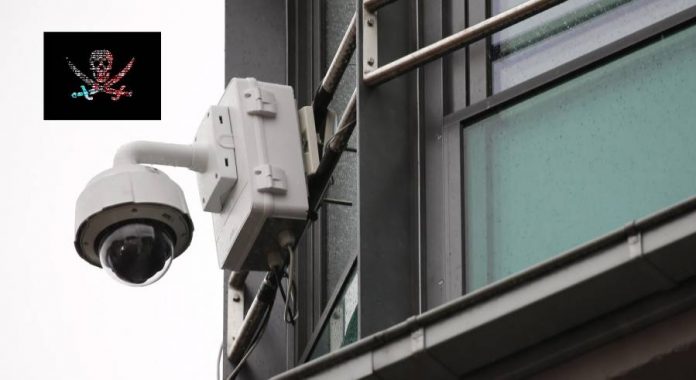
The Metropolitan Police Department in Washington became aware of a malware infection that affected surveillance cameras throughout the city last Friday. According to official statements, this was never a risk to public safety even though it raised many concerns.
Hacking attacks targeting state institutions seem to be on the rise. Earlier this month, The Los Angeles Community College District paid $28,000 to cyber criminals to stop a widespread ransomware infection.
The Metro Rail system in San Francisco also suffered from a ransomware attack last year but decided not to pay. As a result, the transport system became free of charge for a day.
Hackers used two different viruses to infect the cameras
The Metropolitan Police Department identified the threat on Thursday, January 12, a week before Donald Trump’s inauguration. Experts found two unique pieces of malware infecting video recorders on four different sites.
The hacking affected 123 video recording devices out of 187, which amounts to about 66% of the city’s surveillance system not working or malfunctioning. The infection lasted three days, keeping police from retrieving footage surveillance footage.
Technicians identified each of the infected video recorders and disconnected all of them from the Internet, then proceeded to purge them of software, reinstall their programs and the system.
The investigators also told official sources that the malware used to conduct the cyber attack was indeed ransomware. The MPD has not released any statements on the matter, detailing how much the perpetrator demanded, or if they could trace the malware back to its origin.
As of now, the investigation is still ongoing. Most news outlets report its closeness to Trump’s inauguration but, so far, there are no indications that the two events might be related.
On the other hand, the hacking of a vast number of surveillance cameras concerns public safety as it sets a precedent for potentially worse malfunctions.
Public institutions have more trouble fighting ransomware
Reports from last year indicate that state-owned facilities often lack the resources to combat cyber attacks, specially ransomware, which is on the rise.
In 2016, hackers penetrated the Hollywood Presbyterian Medical Center network and the LA County Department of Health Services. The former paid $17,000 while the latter refused.
Later in December, a computer related to an electrical grid worker in Vermont also became the target of hackers, reportedly of Russian origin. In this instance, the computer did not pose any risk for the electrical grid, but the event heightened concerns about cybersecurity.
President Trump stated a few times during his campaign that cyber security in US institutions was paramount. He might have a point regarding this matter, as more public establishments fall victim to dedicated malware infections for profit-seeking hackers.
Source: The Washington Times










